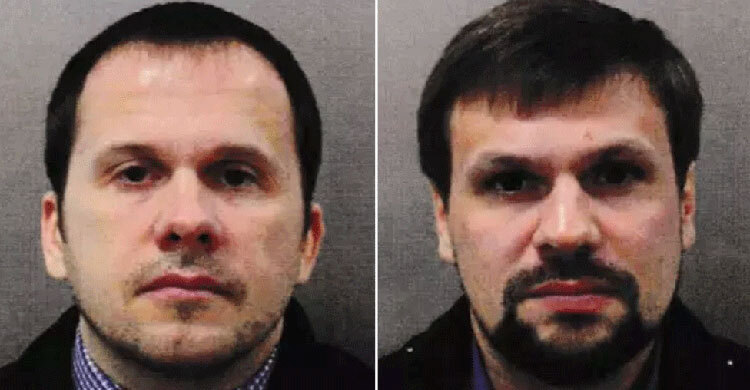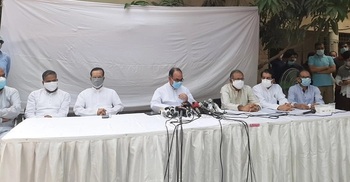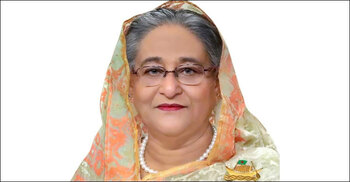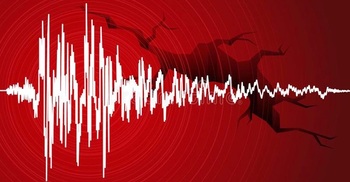Russia expels Czech diplomats over explosion row

Russia has announced that 20 diplomats from the Czech Republic will be expelled from the country, reports BBC.
The Czech Republic expelled 18 Russian diplomats on Saturday.
Czech local intelligence agents claim the diplomats are Russian intelligence operatives. They are suspected of involvement in an explosion at an arms depot in 2014.
European Union foreign ministers are set to discuss the claims about the blast during a meeting on Monday.
Moscow has given the Czech diplomats a day to leave while the Czech Republic has given the Russians 72 hours.
The Russian Foreign Ministry called the Czech decision "unprecedented" and a "hostile act".
"In their desire to please the United States against the background of recent US sanctions against Russia, Czech authorities in this respect even outdid their masters from across the pond," said a foreign ministry statement.
What are the claims?
Czech authorities say the diplomats are believed to be intelligence operatives, claims the Russians have classed as unfounded and absurd.
The explosion tore apart an ammunitions storage depot in a forest at Vrbětice in the Czech Republic on 16 October 2014.
 The explosion destroyed a remote ammunition storage facility situated in a Czech forest
The explosion destroyed a remote ammunition storage facility situated in a Czech forest
Windows in nearby buildings were blown out and local schools were evacuated as emergency vehicles rushed to the scene. The remains of two men - aged 56 and 69 - who worked at the site were found more than a month later.
The blast was assumed to have been an accident.
But painstaking detective work by Czech authorities has pointed the finger at Moscow - and Unit 29155 of Russia's GRU intelligence agency.
Czech Police have identified two suspects in connection with the blast - Alexander Mishkin and Anatoly Chepigov - who are also accused of involvement in the Salisbury poisonings in 2018.
Sergei Skripal, a former double Russian agent, and his daughter Yulia were poisoned in the English town, while a local woman, Dawn Sturgess, was killed months later by Novichok from a discarded perfume bottle.
Investigative site Bellingcat identified the Salisbury suspects Ruslan Boshirov as Anatoly Chepiga, and Alexander Petrov as Alexander Mishkin, both GRU officers.
Czech police matched images of the blast suspects to the two accused by Britain of the Salisbury poisoning.
The clue came from passport photos sent in an email to Imex Group, the company which operated the depot.
The email claimed to come from the National Guard of Tajikistan. It asked for two men to be given access to the site for an inspection visit. Scans of their passports were attached. The men were said to be Ruslan Tabarov from Tajikistan and Nicolaj Popa, a Moldovan citizen.
The pictures on the passports match those of the two men accused by Britain of the Salisbury poisoning.
 Passport scans were given to gain access to the site in the Czech Republic
Passport scans were given to gain access to the site in the Czech Republic
The men booked into accommodation in Ostrava, near the ammunition depot on 13 October. They were booked to stay until the 17 October.
The explosion took place on the 16th and that day the pair headed to Vienna airport to fly to Moscow. The authorities do not appear to know exactly how the depot was blown up.
The Czech Republic will inform Nato and European Union allies about its suspicions, and will discuss the matter at an EU foreign ministers' meeting on Monday, its acting Foreign Minister Jan Hamacek said.
The US State Department said it stood with the Czech Republic in what it called its "firm response against Russia's subversive actions on Czech soil".
Earlier this week the US expelled 10 Russian diplomats and imposed sanctions in response to the "SolarWinds" hack last year, bullying Ukraine and interference in the 2020 US election.







